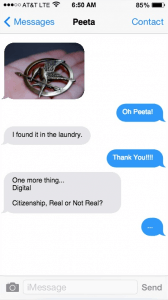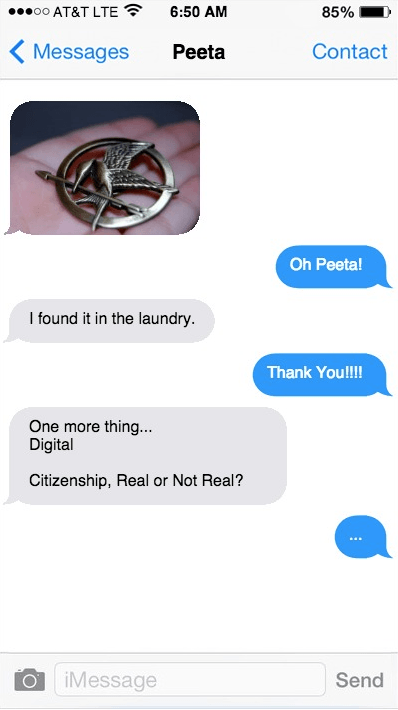Kids these days. They really need a lesson in how to behave!
Simply look at all the drama, personal details, and regrettable content they post on social media.
If Facebook were around when you were in High School or College, what would we find you tagged in?
Who is Qualified to Teach Digital Citizenship?
Typical generational patterns do not fit Digital Citizenship since we are learning how to cope with the omnipresent media at once. In fact, because older generations are less flexible in their understandings of social media they are less qualified to teach others how to best behave as responsible digital citizens. Obviously, adults have more command of the frontal lobe of the brain and thus better impulse control, but without an accompanying understanding of the nuances of social media the results will not be desirable.
The most at-risk group happens to be the group which knows the most about social media.
How can we crowdsource the most current, the best practices from the most proficient group in social media today – students? We adults can do the work which we have always done, give guidance bring a sense of the future and how to not just keep the present free from negative content, but contribute positive content in a student’s name. But if we adults want to keep the content we create up to date, we will never have a satisfactory product for our students.
When will we include the most knowledgeable people in the education on social media?
We need to admit that we hold only half of the answers in this arena of education – students have the most at stake and have more expertise than we do. We need to partner with them to make sure their Digital Citizenship education is REAL.







Leave a Reply